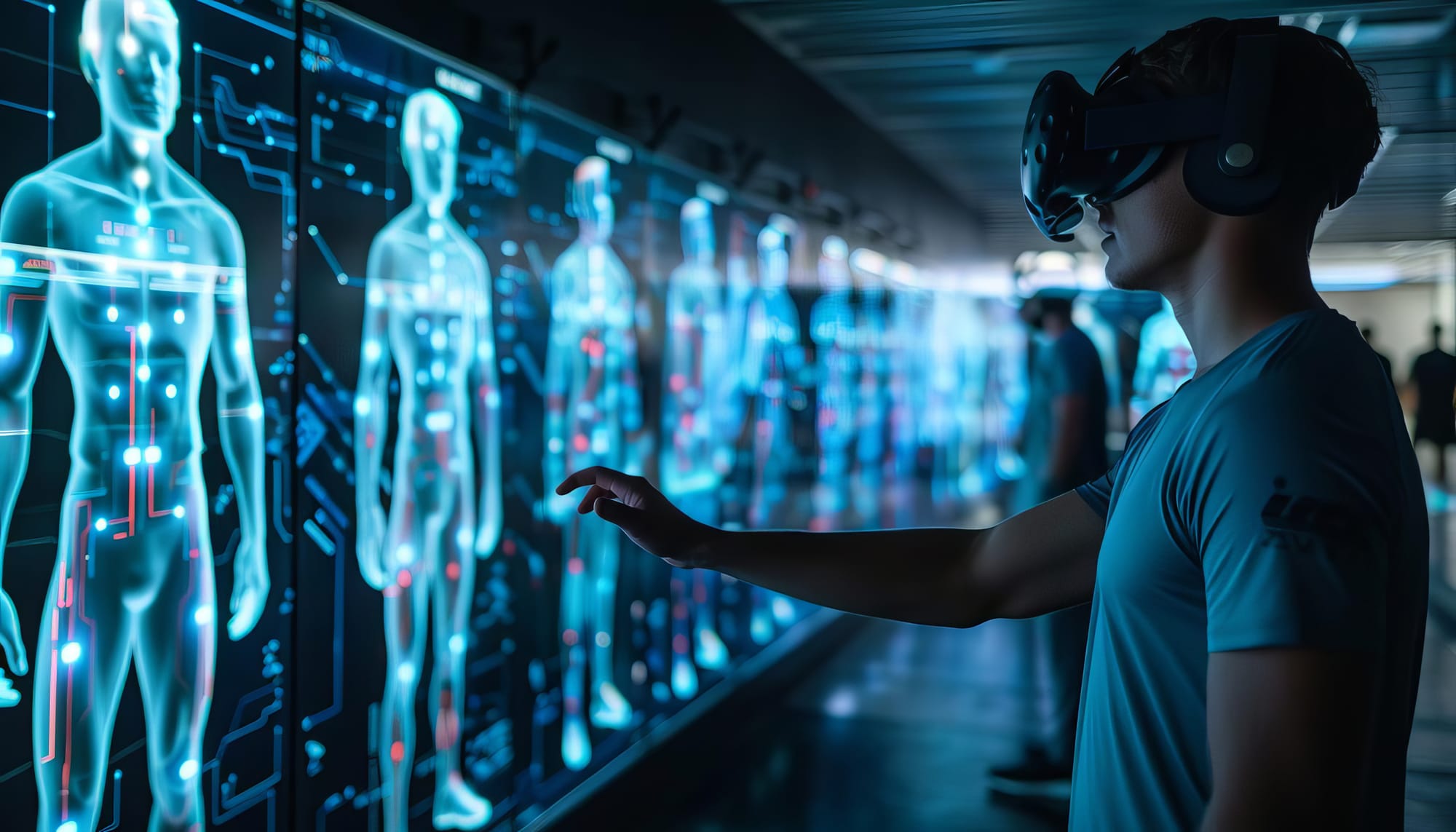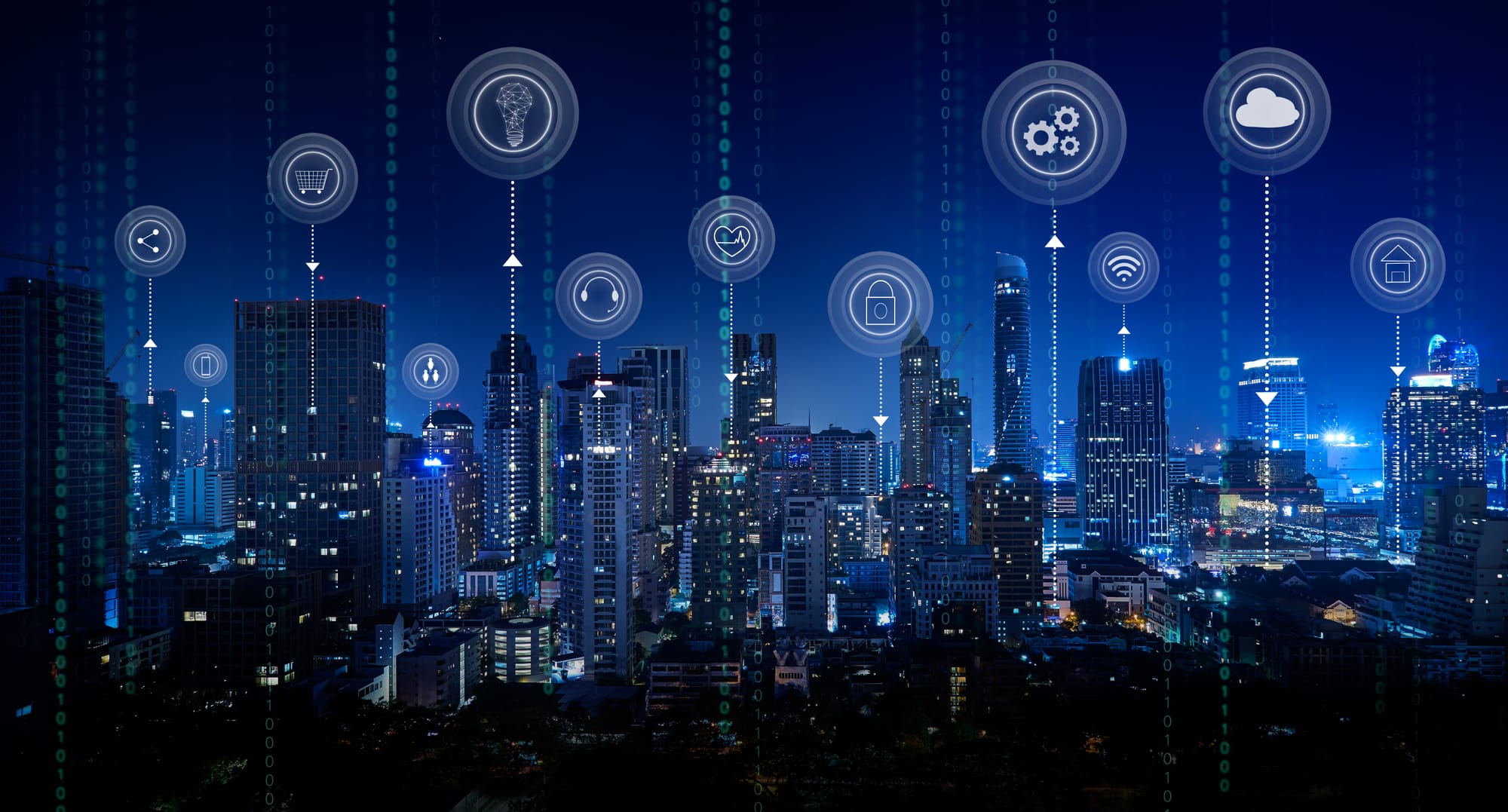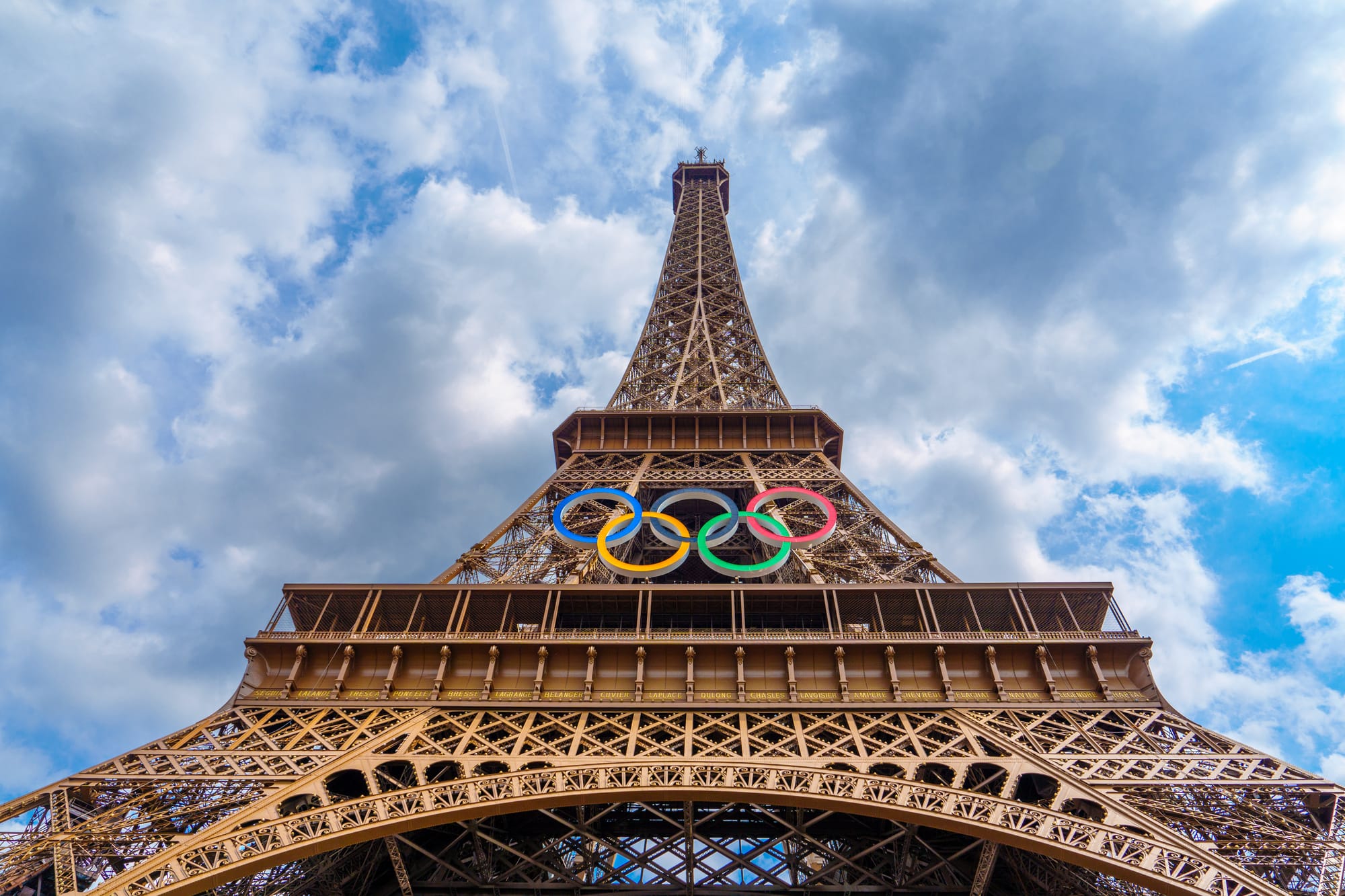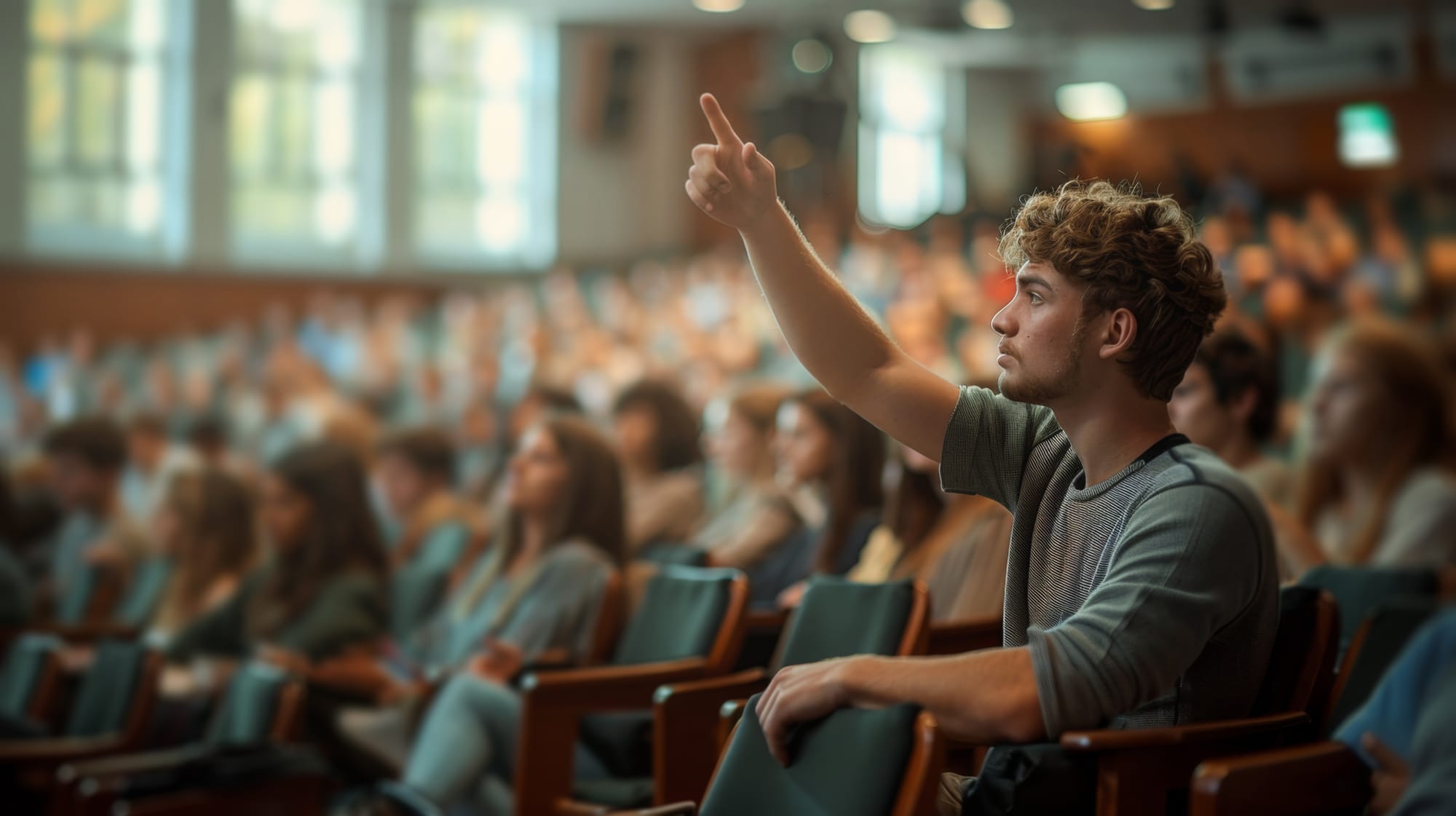As the 2024 Summer Olympic Games in Paris has come to a close, we may have witnessed something of a true finale. These may have been the last Olympic Games where artificial intelligence isn’t an integral part of every aspect of the individual events, and where it's not ubiquitous in the overall landscape.
In combination with wearables, sensors, image recognition, synthetic voices, and more, future advancements in AI increasingly will make their way into the event’s competition, governance, and logistics.
The following are just a few areas where we may see AI very involved in future Games, starting with the 2026 Milan Winter Olympics, which are just 18 months away. And given the continual advances in AI, we are likely to see even more of these integrations in the 2028 Summer Olympics in Los Angeles.
Athlete Training and Strategy
Digital twins, virtual replicas of physical people, places and things, are already revolutionizing athlete training, even at the recreational level. For example, the U.S. Swim Team partnered with researchers at Emory University and the University of Virginia to use wearable sensors to measure each swimmer’s acceleration, orientation, and force to analyze and optimize every stroke.
In the future, digital twins, in combination with AI, will analyze the movements of every athlete to optimize performance, helping them improve by the fractions of a second or a point that separate a podium finish from everyone else.
In addition, personal AI assistants will make recommendations on diet, injury prevention, rest, and recovery based on inputs from wearables and other data sources. An AI-powered digital twin will even assist athletes with race strategy based on other competitors’ strengths and weaknesses, weather conditions, course topography, and more.

Judging and Refereeing
One of the most frustrating parts of any sporting experience for spectators and athletes alike is the inherent inconsistency and bias (whether intentional or not) in human referees and judges.
Look no further than the controversy around this year’s women’s gymnastics floor final when Romania’s Ana Barbosu appeared to have won the bronze medal, until an appeal by U.S. team member Jordan Chiles awarded her the bronze…until it was further appealed and awarded back to Barbosu. Regardless of your rooting interest, the human errors that led to this back-and-forth dispute were hard to watch.
An AI-powered judge could more accurately measure physical parameters, such as height, distance, and body position, reducing human error in events like diving, equestrian, and gymnastics. By developing precise algorithms based on established rules, AI could ensure consistent application of judging criteria across different competitions. In some sports, AI could automate refereeing decisions, such as offside calls in soccer or fouls in basketball.
Performance Enhancing Drug Testing and Discovery
Unfortunately, the use of Performance Enhancing Drugs (PEDs) has been a scourge in the modern Olympic games. It’s a game of cat and mouse, as new PEDs are developed that can avoid detection, while anti-doping agencies race to establish countermeasures to identify and test for these new drugs.
AI is poised to be a game-changer in the fight against PEDs. For example, AI could analyze complex biological data, such as blood and urine samples to identify subtle markers of doping that may be missed by traditional methods.
By studying historical data on athletes, AI can develop models to predict potential doping patterns and identify athletes at higher risk of cheating. And in the same way that AI can help discover new drugs for diseases such as cancer, it can also aid in the discovery of new performance-enhancing substances by analyzing chemical structures and identifying potential performance-enhancing properties, allowing anti-doping agencies to establish testing protocols even before the drug is available.
Broadcast Viewer Experience
AI is also set to revolutionize the Olympic broadcast viewing experience. Real-time data analysis will provide viewers with in-depth insights into athlete performance, such as heart rate, muscle activation, and energy expenditure.
AI-powered cameras could track athletes' movements with unprecedented accuracy, offering multiple viewing angles and close-ups of critical moments. Virtual and augmented reality experiences, powered by AI, will transport viewers into the heart of the action. AI could also enhance instant replays by overlaying data and visualizations, providing viewers with deeper insights into the athlete's performance, while AI-powered graphics can display real-time scores and statistics, enhancing the viewer's understanding of the competition.

Logistics and Operations
In the same ways that AI will be an integral part of the enablement of smart cities, it also has the opportunity to help host cities with the massive logistical challenges inherent in hosting the Olympics.
An AI-powered digital twin of the Olympic venues and surrounding areas will predict traffic patterns, optimize public transportation routes, and manage traffic flow around Olympic venues to reduce congestion and improve the overall experience for athletes, volunteers, and spectators. The Olympic digital twin could also provide real-time visibility of resources ranging from volunteers, medical staff, food, and equipment to ensure events run smoothly and make adjustments in real-time based on unexpected needs.
Security
Even at this year’s Paris Olympics, AI technology was used to monitor CCTV footage to identify potential threats in real-time. In future games, we’ll likely see this surveillance become more pervasive, as footage is collected and analyzed from more sources, including police body cameras and drones. At the same time, the accuracy of these systems will improve, having the ability to spot suspicious and anomalous behavior faster and with fewer false positives.
Of course, as with all surveillance systems, questions around privacy and bias will be – and rightly should be – a central factor in the deployment and ongoing use of these systems.
Ethical Concerns Remain at the Forefront
As with any discussion involving AI, this fast-moving technology introduces a host of moral and ethical concerns, and the use cases I’ve described in this article are no different. For example, will digital twin technology to improve athletic performance exacerbate the advantage wealthy countries already have with access to the latest training technology? Will AI judges and referees eliminate some inconsistencies and bias, but introduce others that may be even more difficult to spot? Will AI security systems deployed for the two-week Olympic games become a permanent and overly obtrusive fixture for host-city residents? These and many other ethical concerns need to be considered and addressed.
Despite the technological advancements that AI will enable across all aspects of the Olympic games, the essence of human competition and the “thrill of victory, the agony of defeat” will, for me, remain the focal point, making it the most exciting and compelling spectacle in the world of sport.










